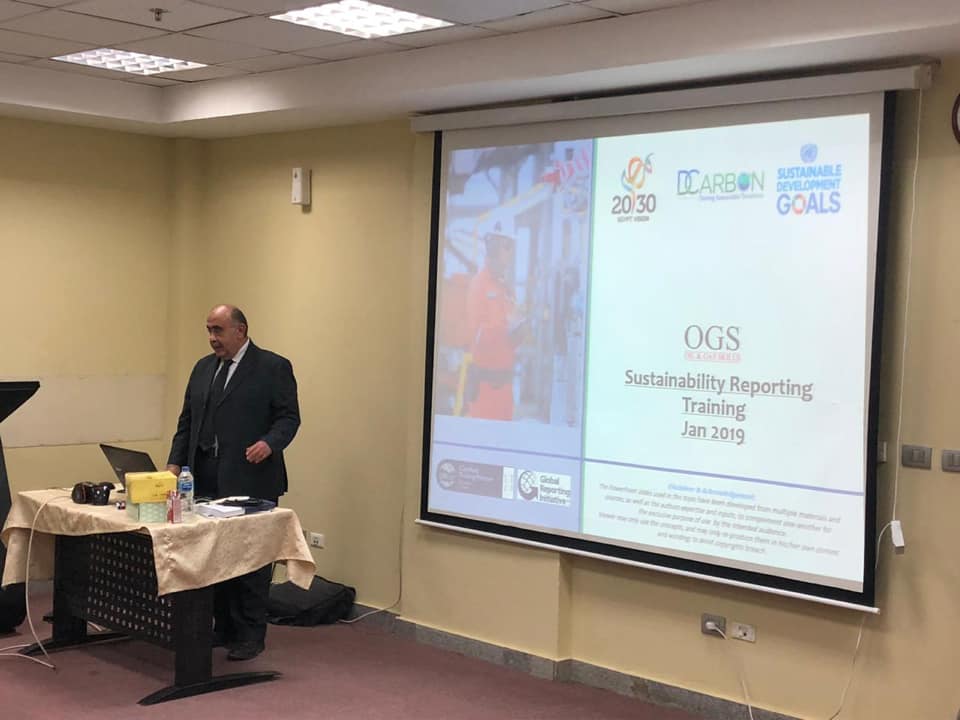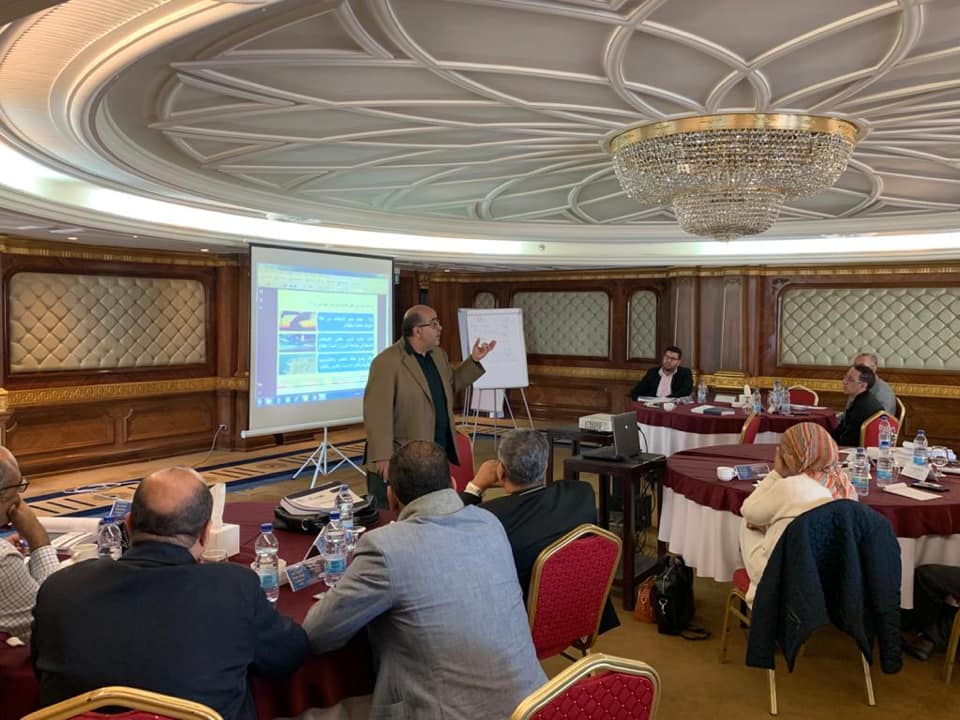Get in Touch

Training Overview
Carbon Footprint (CFP) reporting for businesses and corporates has become essential since it helps in identifying the waste or inefficiencies within a business in terms of energy, raw material consumption, and other business-related aspects. Knowing the total GHG emissions from a corporate and the sources that are largely contributing to it is vital in managing GHG emissions and putting well-structured and science-based targets to reduce corporate carbon footprint and align with both Paris Agreement and the Egyptian National strategies.
Carbon footprint training is tailored to suit attendees who are responsible for assessing the carbon footprint of their organization. The training will provide participants with the knowledge and techniques to take back to their organization through real-life case studies examples that would allow trainees to experience the process step-by-step
For more details about the program, please visit.
Training Outline
Introduction to GHG Scope 1 and 2 emissions (6 hours)
• Climate Change and Global Warming
• National (2050 strategy and NDCs) and International Strategies – UNFCCC/Kyoto Protocol
• Climate Change: Business threat & opportunities
• GHG Inventory Standards – GHG Protocol – IPCC – ISO 146046-1:2018
• Principles for GHG Inventory Reporting
• Setting GHG Inventory Boundaries
• Steps in Identifying and Calculating Emissions
• Reporting GHG Emissions
• Performing assurance and Verification
Scope 3 emissions and carbon management (6 hours)
• Scope 3: Upstream Activities
• Scope 3: Downstream Activities
• Data Screening and data quality
• Calculation Guidance for Scope 3
• Scope 3 management best practices
• Carbon footprint management plan
• Designing mitigation goals
• Tracking Emissions and performance through Key Performance Indicators
• Review
Learning Objectives
- Understand the drivers and mechanisms of climate change and the sources of greenhouse gases;
- Identifying Scope 1, Scope 2 and Scope 3 emissions and calculating the emissions for your company
- Identify the drivers and benefits of implementing carbon management measures;
- Raising awareness for Carbon footprint calculation and on the benefits of reducing carbon emissions
Who Should Attend
- Environmental consultants and energy management auditors
- Key decision makers who mandate and/or approve carbon footprint reports on behalf of their organizations
- Internal auditors, regulatory agencies, and investors as part of their role in Environmental Governance
- Managers who are in charge of material data collection and managing the implementation of carbon emission reduction practices
- Energy Managers, Facilities Managers, Environment Managers and Environmental Representatives.
Gallery Section




